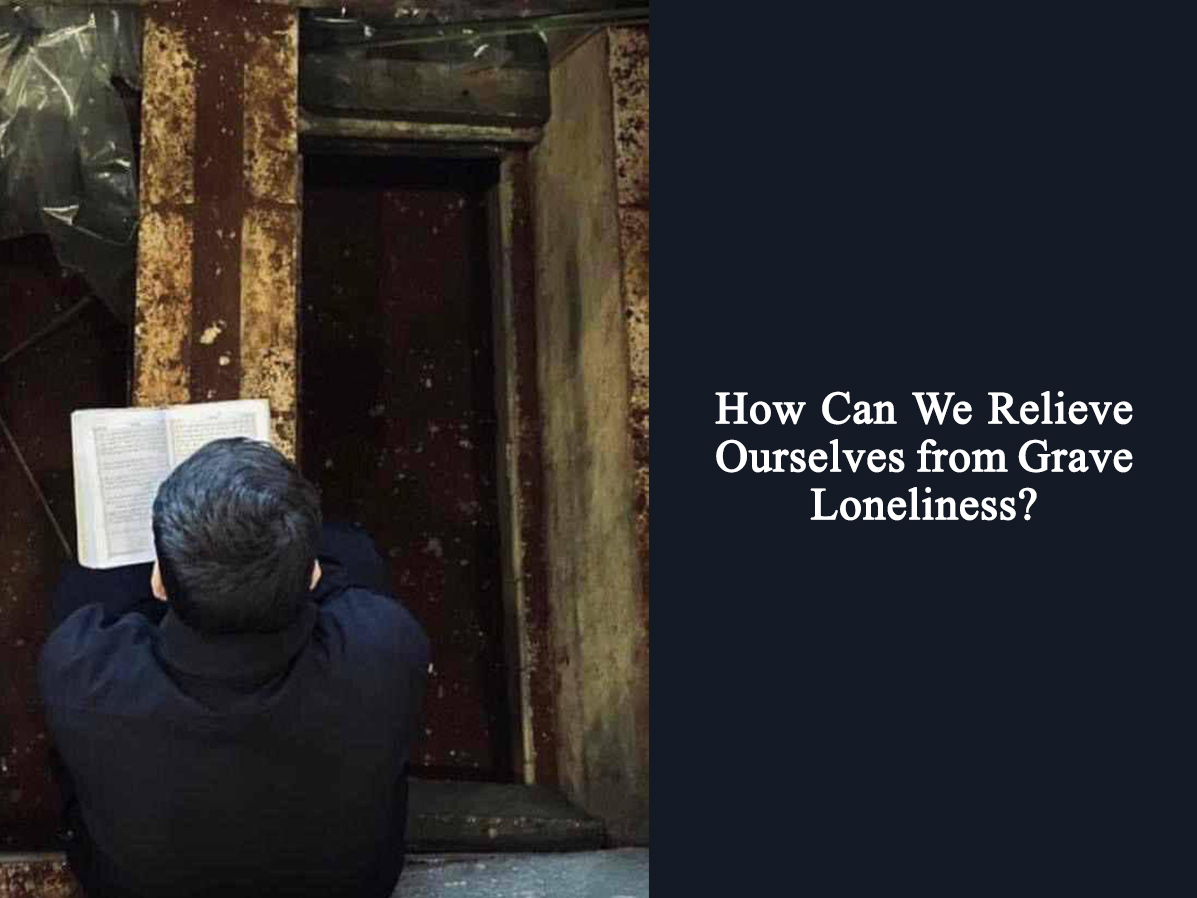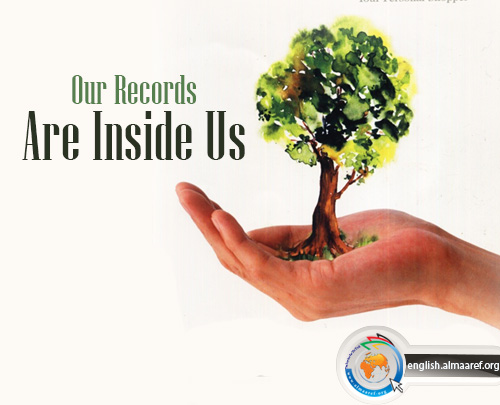How Can We Relieve Ourselves from Grave Loneliness?
The noble narrations have guided us to actions that alleviate the loneliness of the grave. Among these actions are:
The Prayer of the Night of Loneliness:
The Prophet Muhammad (pbuh) said: "There is no hour more severe for the deceased than the first night [in the grave]. So, have mercy on your deceased by giving charity. If you do not find [charity to give], then let one of you pray two rak'ahs. In the first rak'ah, recite the Opening of the Book (Al Fatiha) once, the Verse of the Throne (Ayat Al Kursi) once, and 'Say: He is Allah, the One' (Surat Al Ikhlas) twice. In the second rak'ah, recite the Opening of the Book once, and 'The piling up [of worldly things] distracts you' (Surah Al Takathur) ten times. After the prayer, say: “O Allah, bless Muhammad and the family of Muhammad, and send the reward of this prayer to the grave of so-and-so, the son of so-and-so.” Allah will immediately send a thousand angels to the grave of the deceased, each angel bringing with him a garment and a cloak. The grave will be expanded for him until the Day of Resurrection, and for the one who performed the prayer, Allah will grant as many rewards as the sun has shone upon, and he will be raised forty degrees in rank."[1]
Completing the Bowing (Ruku’):
Al Imam Muhammad Al Baqir (a.s) said: "Whoever completes their bowing will not experience the grave's loneliness."[2]
A Specific Remembrance (Dhikr):
It was narrated by Al Imam Al Sadiq (pbuh): "Whoever says one hundred times 'There is no god but Allah, the true and manifest King' will be protected by Allah, the Almighty and Majestic, from poverty, the loneliness of the grave, and will be granted wealth and entry into Paradise."[3]
Reciting Surah Yassin Before Sleeping:
Al Imam Al Sadiq (a.s) said: "Everything has a heart, and Surah Yassin is the Quran’s heart. Whoever recites it before sleeping or during the day before sunset will be protected, provided for, and blessed until evening. Whoever recites it at night before sleeping, Allah will appoint a thousand angels to guard him from every devil and calamity. If he dies that day, Allah will admit him into Paradise. Thirty thousand angels will attend his washing, all of them seeking forgiveness for him, and they will accompany him to his grave, asking forgiveness for him. When he is placed in his grave, the angels will remain inside the grave worshiping Allah, and the reward of their worship will be for him. His grave will be expanded as far as the eye can see, and he will be safe from the pressure of the grave, and there will be a radiant light in his grave extending up to the heavens until the day Allah raises him from the grave."[4]
The Prayer of the Night of Wishes (Laylat Al Ragha’ib):
Additionally, the prayer of the Night of Wishes, which is the first Thursday night of Rajab, has a virtuous practice narrated from the Prophet Muhammad (pbuh) with many rewards. The Prophet said: "By the One in Whose hand is my soul, no servant, male or female, prays this prayer without Allah forgiving all their sins, even if their sins were as numerous as the foam of the sea, the grains of sand, the weight of mountains, or the number of leaves on trees. On the Day of Resurrection, they will intercede for seven hundred of their family members who have deserved Hell. On the first night in their grave, Allah will send the reward of this prayer in the form of a beautiful figure with a bright face and a fluent tongue. It will say: 'My beloved, rejoice, for you have been saved from every evil!' The deceased will say: 'Who are you? By Allah, I have never seen a face more beautiful than yours, nor heard speech more pleasant than yours, nor smelled a fragrance more delightful than yours.' It will reply: 'I am the reward of the prayer you prayed on such and such a night in such and such a month in such and such a year. I have come tonight to repay your kindness, to ease your loneliness, and to lift your isolation. When the trumpet is blown, I will remain over your head in the assembly, so rejoice, for you will never be deprived of goodness.'"
Visiting the Sick:
It is narrated by Al Imam Al Baqir (a.s): "Moses (a.s) once asked his God: 'O God, inform me of the reward for visiting the sick.' Allah, the Almighty and Majestic, said: 'I will assign an angel to visit him in his grave until the Day of Resurrection.”[5]
Loyalty to the Commander of the Faithful Al Imam Ali (a.s):
It is narrated from Abu Sa’id al-Khudri that he said: "I heard Allah’s Messenger saying: 'O Ali, rejoice and give glad tidings, for there is no regret for your followers at the time of death, no loneliness in the graves, and no sorrow on the Day of Resurrection. It is as if I see them coming out of their graves, shaking the dust from their heads and beards, saying: 'Praise be to Allah, Who has removed from us all sorrow. Indeed, our Lord is Forgiving and Appreciative, Who has settled us in the everlasting abode out of His bounty, where no fatigue will touch us, nor will weariness affect us.'"[6]
* The Journey to the Hereafter, Al Maaref Islamic and Cultural Institution
[1] Al Majlisi, Mohammad Baqir, Bihar Al Anwar, Al Wafaa Association, the second corrected edition, part 88, page 219
[2] Al Majlisi, Mohammad Baqir, Bihar Al Anwar, Al Wafaa Association, the second corrected edition, part 90, page 244
[3] Al Majlisi, Mohammad Baqir, Bihar Al Anwar, Al Wafaa Association, the second corrected edition, part 90, page 207
[4] Al Horr Al Ameli, Mohammad bin Al Hasan, Wasil Al Shia, Heritage Revival House of Publishing, Beirut, part 6, page 247
[5] Al Kulayni, Al Kafi, Islamic Books House of Publishing, Tehran, The 5th Edition, part 3, page 121
[6] Al Majlisi, Muhammad Baqir, Bihar Al Anwar, Al Wafaa Association, the second corrected edition, part 95, page 396



















